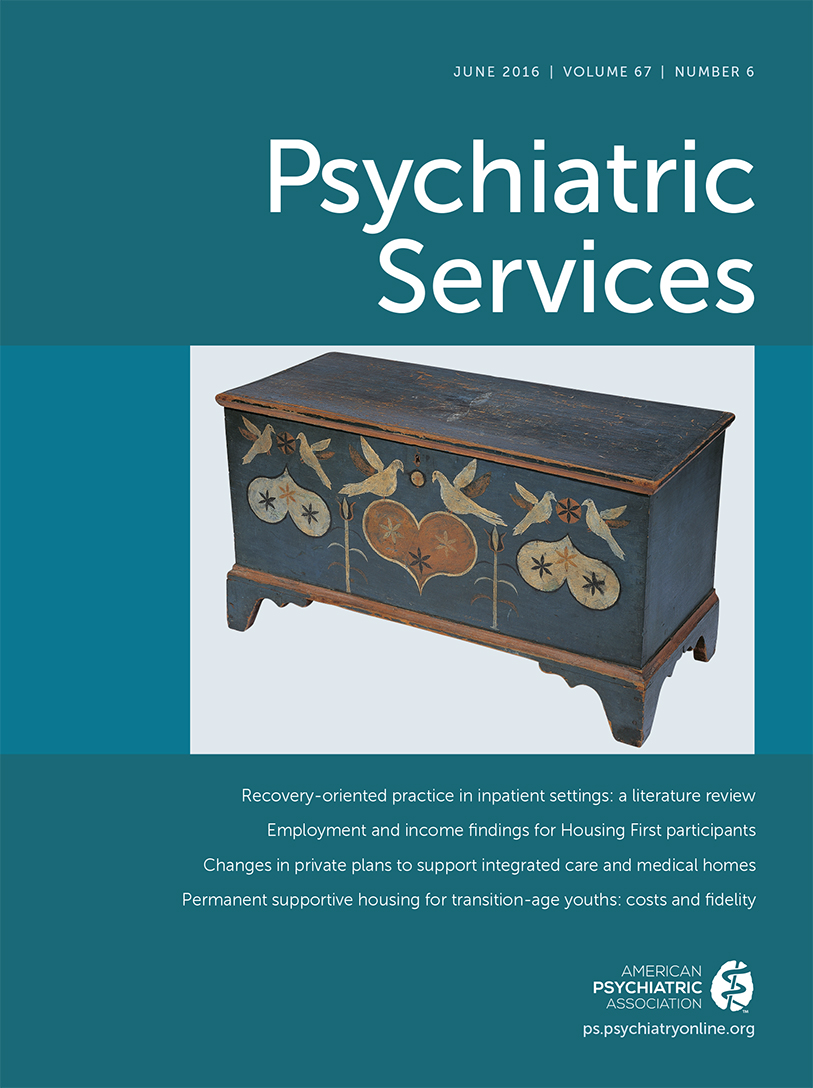Recovery-Oriented Practice in Mental Health Inpatient Settings: A Literature Review
Abstract
Objective:
Implementation of recovery-oriented practice has proven to be challenging, and little is known about the extent to which recovery-oriented principles are integrated into mental health inpatient settings. This review of the literature examined the extent to which a recovery-oriented approach is an integrated part of mental health inpatient settings.
Methods:
A systematic search (2000–2014) identified quantitative and qualitative studies that made explicit reference to the concept of recovery and that were conducted in adult mental health inpatient settings or that used informants from such settings. The quality and relevance of the studies were assessed with the Critical Appraisal Skills Program, and a text-driven content analysis identified three organizing themes: definitions and understandings, current practice, and challenges.
Results:
Eight studies from Canada, the United Kingdom, the United States, Australia, and Ireland were included. The results highlight the limited number of studies of recovery-oriented practice in mental health inpatient settings and the limited extent to which such an approach is integrated into these settings. Findings raise the question of whether recovery-oriented practice can or should be an approach used in these settings, which are primarily aimed at stabilization and symptom relief.
Conclusions:
Research is needed to clarify the concept of recovery and how it applies to mental health inpatient settings. The challenges to recovery-oriented practice posed by the current organization of such settings should be examined.




